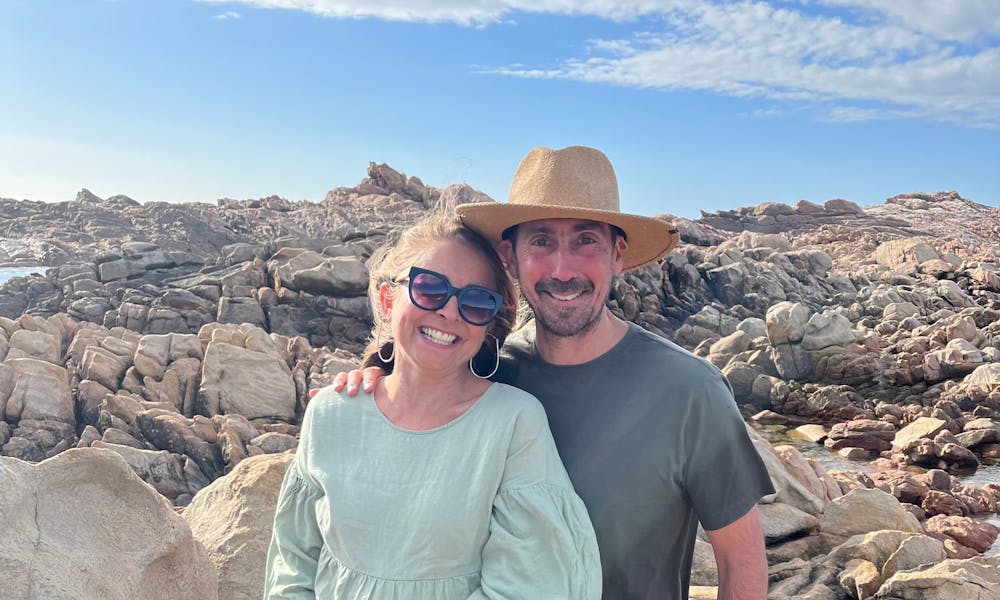Eighty people received or gave a kidney last year as part of a life-saving international donation program run out of the RMH.
The Australian and New Zealand Paired Kidney Exchange (ANZKX) Program is an initiative that matches kidney donors and recipients with others in need.
This creates a chain, and gives recipients a higher likelihood of finding a match.
And last year, the program celebrated a record year - with more transplants than ever and a milestone 18-person chain, statistics released today show. This chain is likely to reach 20 people in coming weeks.
The RMH’s A/Prof Peter Hughes, Head of the ANZKX Program, said it was exciting to see the program reaching its full potential after a turbulent few years during the COVID-19 pandemic.
“It’s great to see the program working the way we hoped - by matching more people with more kidneys,” he said.
Traditionally, kidneys have been donated directly to a person in need - often by a family member or friend. However, donors are not always a match for their desired recipient.
Melbourne mum Belinda knows that feeling all too well.
The 48-year-old has known she would eventually need a kidney transplant for decades due to a genetic condition.
For the most part, it hasn’t stopped her from living life - but in the last four years, her condition deteriorated.
Battling fatigue and exhaustion, Belinda started the process of being approved for kidney donation.
“My transplant was preemptive – we were trying to work towards it all year,” Belinda said.
“My husband Nico went into the testing process [in 2022]… and then [in 2023] I had a few friends come forward who all offered to be donors.”
Late last year, Belinda and her husband Nico took part in a paired kidney exchange - Nico donated his kidney so Belinda could receive another, from a stranger.
“I had read about a paired exchanged – I thought it was such a fantastic concept that so many people had a chance at renewed health all at once,” she said.
“When we found out, I was really excited to be part of a chain of people.”
Belinda recalls being in “a bit of shock” when the call finally came.
“We got the call on a random Wednesday after work – it was such a shock.”
From there, it was a whirlwind of prep for surgery at the RMH, followed by recovery.
Belinda and Nico were lucky enough to share a room while at the RMH, which they say was “lovely” although hard to watch one another in pain.
Belinda is now easing back into work and looking to the future. She’s excited to have more energy and time to spend with her children.
“It’s been an amazing process, particularly the process once we came in as patients,” she said.
“The post care has been amazing – all the staff have been so attentive and I can’t thank my surgeon enough.”
She added that she was blown away by the generosity of those around her - and others in the ANZKX.
“It’s a very hard thing to ask someone to be that generous – my husband saw it as no issue, he said of course, which was lovely,” Belinda said.
“And my friends all just wanted to help – it was very generous.”
Prof Hughes said while numbers were improving, it was important for the community to be aware of the impacts of donation, particularly if they know someone who may need a life-saving kidney transplant.
“It’s difficult ask family and friends to donate a kidney… which is why community awareness is so important,” he said.
Australia has had a nation-wide paired kidney exchange since 2010. The program has been run out of the RMH since 2017 with a number of partner sites across Australia and New Zealand.


We provide a media service from 6am to 9pm each day. Journalists are welcome to contact our media adviser on-call via the RMH Switchboard on (03) 9342 7000.
During business hours, journalists can email mh-communications@mh.org.au. We do not respond to emails outside business hours.

